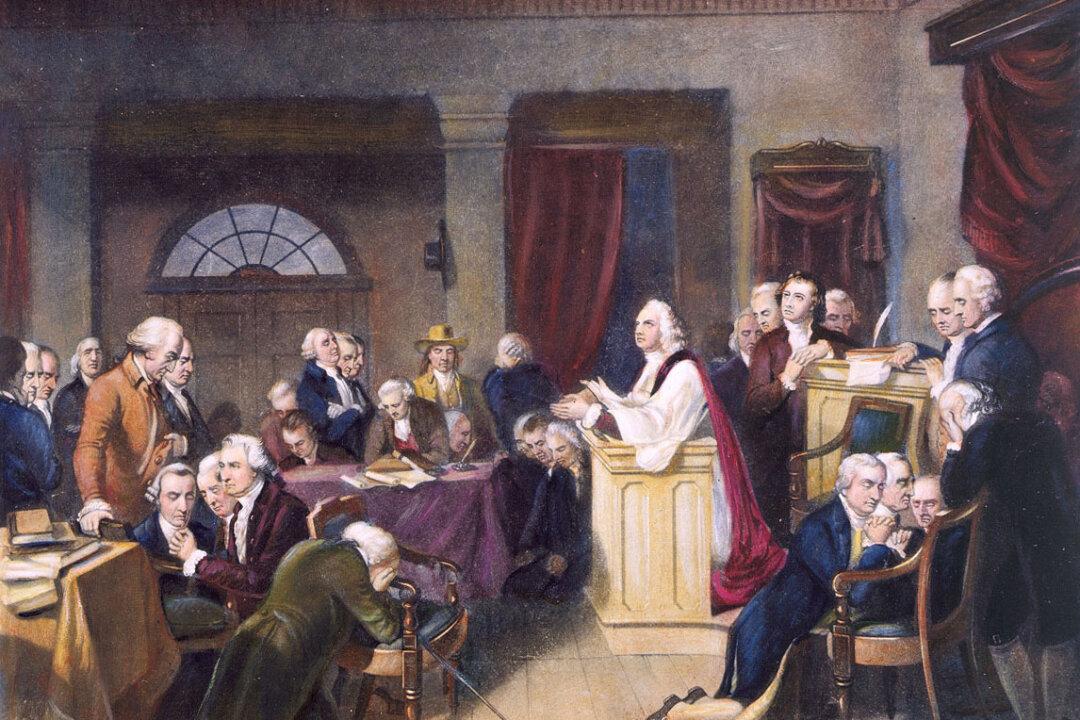In his best-selling book “Letter to the American Church,” author and radio talk show host Eric Metaxas demonstrates “tough love” to his Christian brethren.
Like the Apostle Paul’s letter to the Colossians circa 60 A.D., Metaxas’s passionate exhortation in his 139-page book is a megaphone warning to America’s churches to remember their mission to acknowledge God in all ways and not succumb to religious relativism and secular influence.






